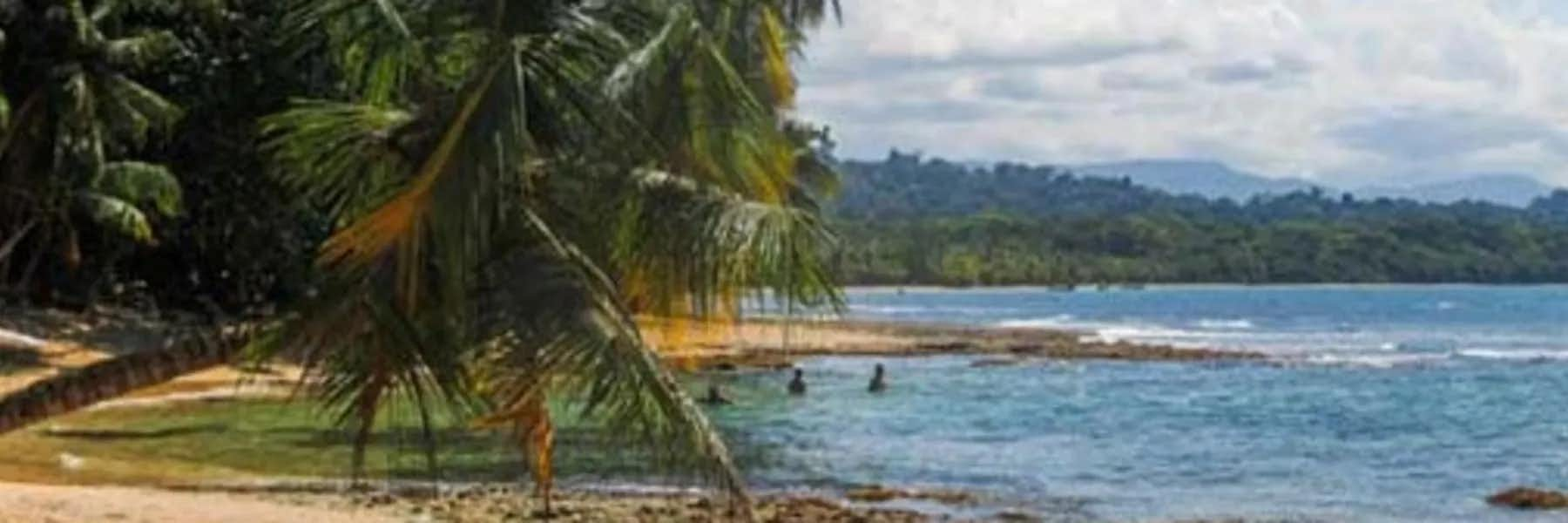It is no surprise, year after year, to see Costa Rica earning top spots on such lists as “Happiest Places on Earth”, “Greenest Countries in the World”, “Blue Zones” and “Most Biodiverse”. International Living has been reporting on the splendor of Costa Rica for over 40 years. And even after a challenging year like no other, the thousands of expats who call it “home” can share plenty of rationale why Costa Rica remains a winner. Here are some of our top reasons:
Straightforward Residency Process
Costa Rica has made it fairly easy for foreign retirees to become legal residents. Although you can apply yourself, even with a high fluency level of Spanish there is a labyrinth of government red tape to traverse. Therefore, we recommend a local Costa Rican residency attorney to guide you through the process. It typically takes 10 to 14 months from the time of filing.
The majority of applicants submit under one of three initial categories for temporary residency. Once you have completed your third year of temporary you can apply for permanent residency. Your attorney will give you a checklist of all the paperwork you will need for filing. The options are as follows:
PensionadoProgram:This requires proof that you have at least US$1,000 a month in income from a life-long pension from some source recognized as a major entity, such as state teachers’ retirements, a corporate/military/government pension, or Social Security. Certain annuities may qualify, but 401K and IRA plans are not recognized.
RentistaProgram: is for people without fixed retirement income or too young to qualify for Social Security. It requires proof of US$2,500 monthly income for at least two years or a $60,000 deposit in a Costa Rican bank approved by immigration authorities.
Inversionista Program: If you want to invest at least US$200,000 in Costa Rica in a business, commercial or residential property (including your home or a vacation rental), you can apply for this option. *The Costa Rican government currently (Dec 2020) has a bill before the legislature to lower this amount to $150,000.
You won’t be able to legally work as an employee in Costa Rica until you have your permanent residency, but you can own a company and receive dividends from it.
Affordable Medical Care
By almost any standard, Costa Rica has some of the best healthcare in Latin America. There are two systems, both of which expats can access once they have legal residency: the government-run universal healthcare system, Caja Costarricense de Seguro Social, known as the Caja, and the private system. Both options are constantly being upgraded—new clinics, new equipment, and improvements in staff training. Despite the advancements, costs are low in comparison to those in the U.S. and even some European countries. Costs are about a third to a fifth of what you’d pay in the U.S., depending on the treatment. Drugs are also less expensive.
In the private system, you can pay cash out-of-pocket or use local private insurance policies from well-known international companies. Even if you pay cash, costs are low. Doctors, for instance, rarely charge more than $75 to $85 a visit, even for house calls. And visits to see a specialist will run you $90 to $110. Tests like ultrasounds are $75. And even major surgeries are half to a quarter of what they’d be in the U.S.
With a government-sponsored network of hospitals and clinics throughout the country, the Caja provides low-cost healthcare services to citizens and legal residents. Although sometimes overburdened, this system has worked since 1941. It is mandatory for residents to join the Caja. The monthly payment is 7% to 11% of your monthly income claimed on your application. A dependent spouse is also covered.
Safety in a Peaceful Nation
Costa Rica abolished their military in December 1948, cementing themselves as a peace-loving nation amidst an often politically turbulent region. Nicknamed the “Switzerland of Central America”, Costa Rica shines as a beacon of neutrality and overall safety. The largest democracy without an army, this republic is progressive in its politics—embracing green initiatives, requiring equality for all, legalizing same-sex marriage, and respecting religious freedoms.
It is a place where pura vida (pure life) is not just a saying, it is a lifestyle.
Ease of Fitting in
Costa Ricans are known to be warm and welcoming. If you smile at them and “hola”, you are sure to receive them in return. Having local friends is truly a gift to broaden the expat experience living here. Not only will you enhance your Spanish and learn Costa Rican traditions, but they can help you navigate this unknown territory—making life easier.
Woven into the colorful fabric of the population, you will also find expats from every populated continent on earth. Foreign pioneers have long since found the magic of Costa Rica. What that means to you is a built-in group helping you ease into life in this beautiful place. There are countless ways to make new friends and learn new hobbies. In fact, your social schedule may even become busier in retirement! It won’t take long to find your “tribe”.
The Weather
Living up to its tropical paradise reputation, Costa Rica’s precedes it and with sun, sea, and surf - its notoriety is well deserved. Though just the size of West Virginia, this country boasts a wide range of different climates, so you’ll find a comfort zone for nearly everyone. With its long coasts of Caribbean and Pacific beaches as well as mountainous highlands, thick rainforests, and abundant valleys there are many different climates from which to choose.
The coastal areas tend to be warmer with temperatures ranging from 75F to 95F. However, once into a higher altitude, such as the Central Valley, you will have little need for air conditioning or heat with a perfectly temperate spring-like climate ranging from 65F to 82F depending on elevation and time of year.
Related Articles
The World’s Best Places To Retire In 2021
